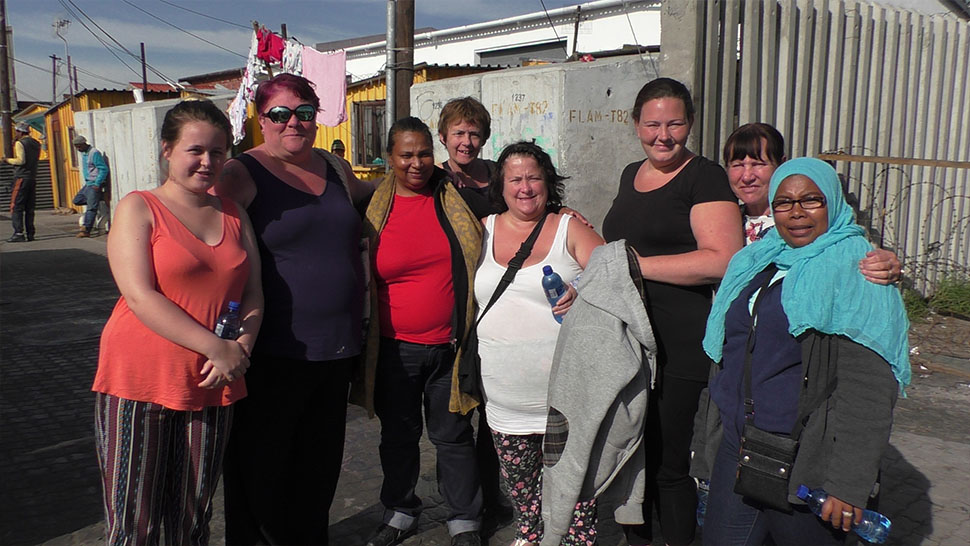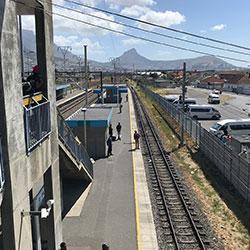
Community-Led Organising
This project aims to bring together academic, professional and experiential knowledge in ways which contribute towards a more enabling environment for community-led approaches to advancing socio-spatial justice for low-income neighbourhoods in Greater Manchester. There are four strands of activity which will contribute to achieving this overarching aim:
Synthesise and evaluate the UK and international evidence base about the enabling factors which have supported low-income urban communities to form autonomous and inclusive associations which contribute to greater socio-spatial justice for their members. This review will also explore and evaluate the arguments made by different ideological camps as to why community-led approaches are important to the achievement of social justice for low-income neighbourhoods and what such an evaluation might mean when considering enabling conditions.
Action research with two neighbourhood-based women’s groups focused on learning about and building relationships with community-led and neighbourhood-focused associations and movements internationally and within the UK. Initially (and building on existing nascent transnational relationships between community leaders), the focus will be on learning exchange and experimentation with the urban social movement methodology of the South African Alliance, an affiliate of Slum/Shack Dwellers International (SDI). This movement is founded on federations of women’s savings groups.
Engaging with informal networks of women/neighbourhood-based groups in low-income areas of Manchester and Salford to explore their interests in coming together to discuss common challenges and share ideas and strategies across neighbourhood boundaries. If interest arises, a platform and process will be co-created with these women/local residents for this overarching purpose with the details of the process defined by the participants.
Convening a community development practice network involving action-learning sets on past, current and future CD practice in low-income neighbourhoods







